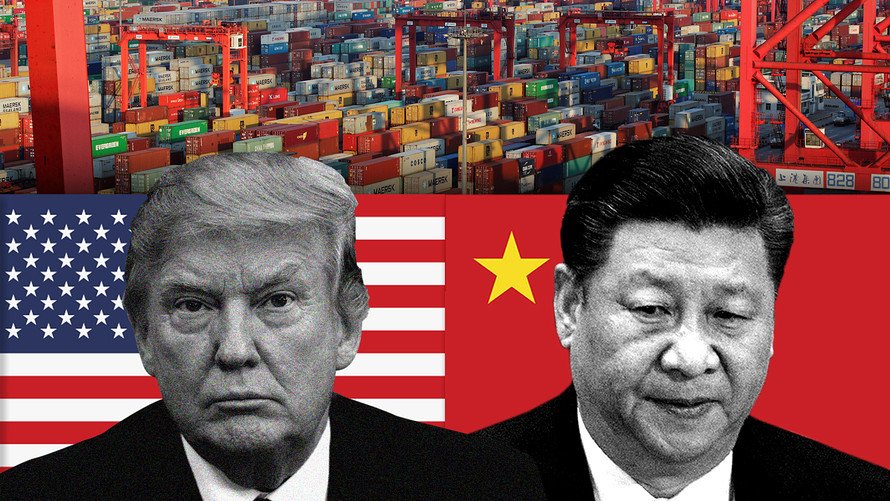Tensions between the United States and China are reaching new heights as Beijing announces plans to retaliate against the latest round of US tariffs. This move signals a further escalation in the ongoing trade war, with potential consequences for global markets and economic stability.
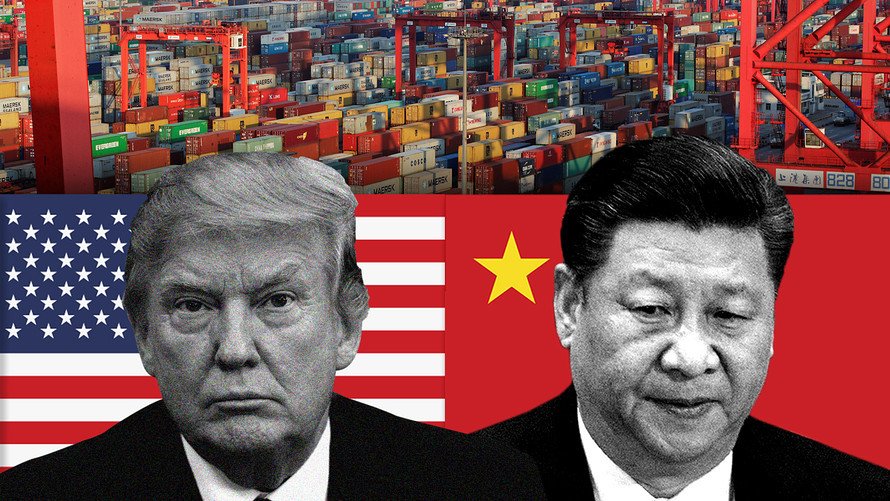
### **China’s Response to US Tariffs**
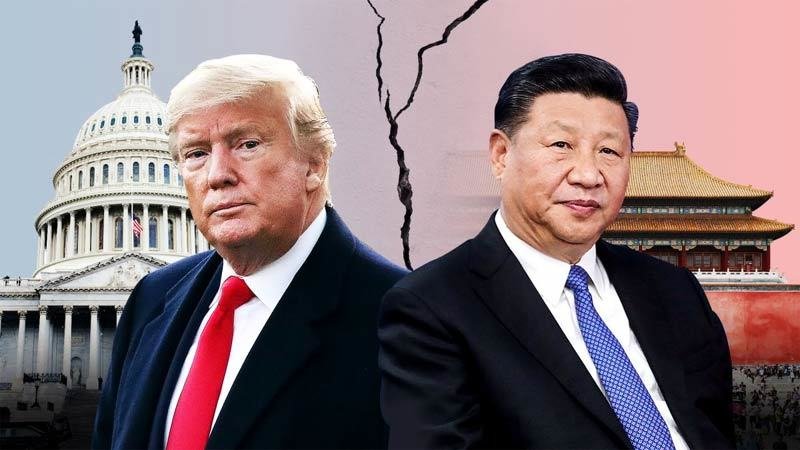
Following the US government’s decision to impose additional tariffs on Chinese goods, China has vowed to take countermeasures. Although specific details have yet to be fully disclosed, analysts predict retaliatory tariffs on key US exports, including agricultural products, technology, and manufacturing goods.
China’s Ministry of Commerce has condemned the new tariffs, stating that they violate fair trade principles and undermine global economic cooperation. Beijing insists that it will take “necessary actions” to protect its economic interests.
### **Impact on Global Trade & Economy**
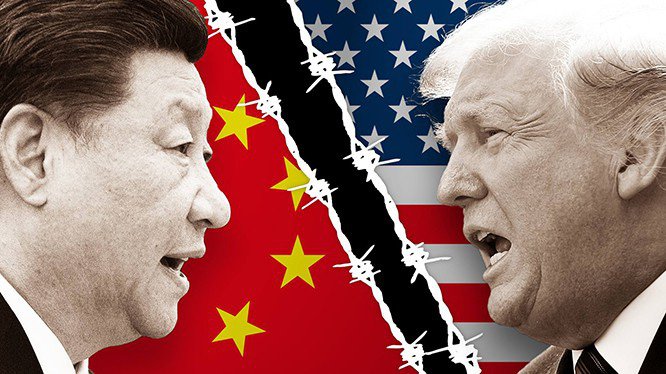
The escalation of trade tensions between the world’s two largest economies could have wide-reaching effects, including:
– **Stock Market Volatility:** Investors are closely monitoring the situation, as increased tariffs could lead to market instability.
– **Rising Consumer Prices:** Higher tariffs may result in increased costs for imported goods, affecting businesses and consumers alike.
– **Supply Chain Disruptions:** Many multinational companies rely on Chinese manufacturing, and retaliatory measures could impact production and distribution networks.
### **US-China Trade Relations: What’s Next?**
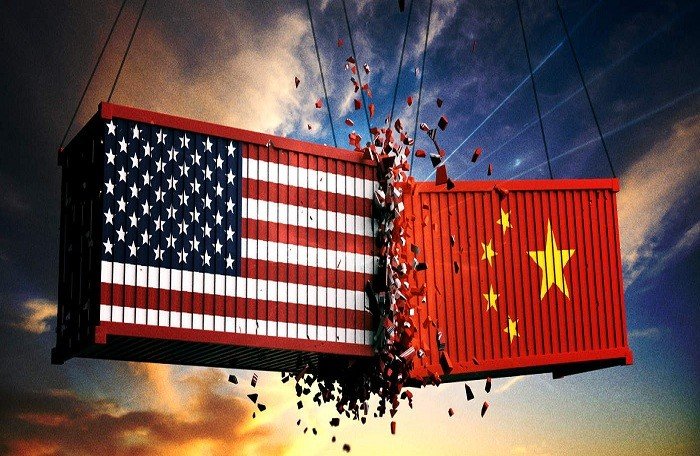
With both nations standing firm on their trade policies, experts warn that prolonged tensions could lead to a more significant economic downturn. Negotiations may continue behind closed doors, but if no resolution is reached, businesses and consumers on both sides could face long-term consequences.
The global community is watching closely as the US and China navigate this economic standoff. Will diplomacy prevail, or are we headed for a deeper trade war? Stay tuned for the latest updates. 🌐
